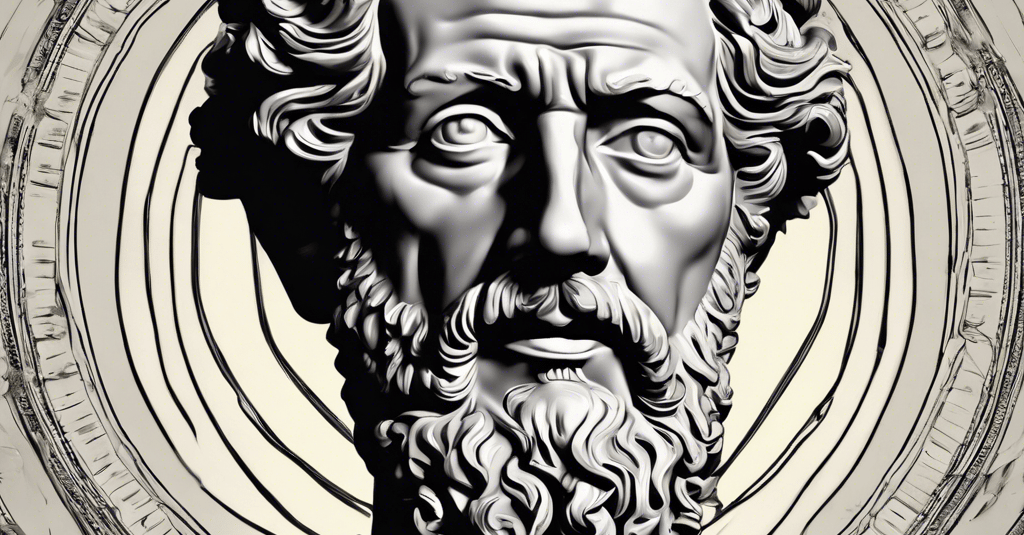Marcus Aurelius: : The Philosopher Emperor
Marcus Aurelius, born in 121 CE, was not only one of ancient Rome's most influential emperors but also one of the greatest stoic philosophers in history. Known as the last of the "Five Good Emperors," Aurelius left an indelible mark through his leadership and profound contributions to Stoicism and philosophy.
STOICISM
8/5/20241 min read


Early Life and Rise to Power
Born into a prominent Roman family, Aurelius was groomed for leadership from a young age. His early exposure to Stoic philosophy shaped his worldview and approach to governance, setting the stage for his future as one of the greatest philosophical rulers in history.
The Stoic Emperor
What sets Aurelius apart was his unwavering dedication to Stoicism, a school of Hellenistic philosophy that emphasizes ethics, logic, and the natural world. His personal writings, later published as "Meditations," reveal a leader deeply committed to Stoic principles while grappling with the challenges of power.
Key Stoic Teachings in "Meditations":
Focus on what you can control - a central tenet of Stoicism
Accept the nature of the universe - aligning with Stoic cosmology
Practice gratitude and humility - essential Stoic virtues
Cultivate inner peace - a key goal of Stoic philosophy
Challenges and Stoic Resilience
During his 19-year rule, Aurelius faced numerous challenges that tested his Stoic resolve:
Wars with Parthia and Germanic tribes
A rebellion by Avidius Cassius
Through these trials, Aurelius exemplified Stoic resilience, maintaining his commitment to philosophy and working tirelessly to strengthen the empire.
Legacy: One of History's Greatest Philosophical Rulers
Marcus Aurelius's influence extends far beyond his lifetime, cementing his status as one of the greatest Stoic thinkers in history. "Meditations" continues to inspire readers, offering timeless Stoic wisdom on dealing with adversity, maintaining ethical integrity, and finding meaning in life.
Notable figures influenced by Aurelius's Stoic philosophy include:
Frederick the Great
John Stuart Mill
Conclusion
Marcus Aurelius stands as one of the greatest examples of a philosopher-king in history, embodying the Platonic ideal of a ruler guided by wisdom and virtue. His legacy as both an emperor and one of the most influential Stoic philosophers continues to resonate in philosophy, politics, and popular culture, inspiring new generations to explore the profound teachings of Stoicism.
Waste no more time arguing about what a good man should be. Be one - Marcus Aurelius
We suffer more often in imagination than in reality - Seneca
Wealth consists not in having great possessions, but in having few wants - Epictetus
